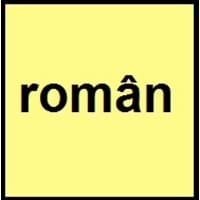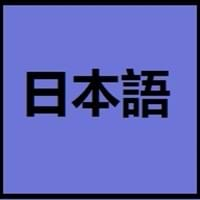Romanian vs Japanese
- Romanian language has distinct type of grammar and phonology compared to other Romance languages.
- The earliest text of Romance language was found in the year 1521.
- In Japanese Language, there are 4 different ways to address people: kun, chan, san and sama.
- There are many words in Japanese language which end with vowel letter, which determines the structure and rhythm of Japanese.
Romanian and Japanese Language History
Comparison of Romanian vs Japanese language history gives us differences between origin of Romanian and Japanese language. History of Romanian language states that this language originated in 1521 whereas history of Japanese language states that this language originated in 1185. Family of the language also forms a part of history of that language. More on language families of these languages can be found out on Romanian and Japanese Language History.
Romanian and Japanese Greetings
People around the world use different languages to interact with each other. Even if we cannot communicate fluently in any language, it will always be beneficial to know about some of the common greetings or phrases from that language. This is where Romanian and Japanese greetings helps you to understand basic phrases in Romanian and Japanese language. Romanian word for "Hello" is alo or Japanese word for "Thank You" is ありがとう (Arigatō). Find more of such common Romanian Greetings and Japanese Greetings. These greetings will help you to be more confident when conversing with natives that speak these languages.
Romanian vs Japanese Difficulty
The Romanian vs Japanese difficulty level basically depends on the number of Romanian Alphabets and Japanese Alphabets. Also the number of vowels and consonants in the language plays an important role in deciding the difficulty level of that language. The important points to be considered when we compare Romanian and Japanese are the origin, speaking countries, language family, different greetings, speaking population of these languages. Want to know in Romanian and Japanese, which language is harder to learn? Time required to learn Romanian is 24 weeks while to learn Japanese time required is 88 weeks.





